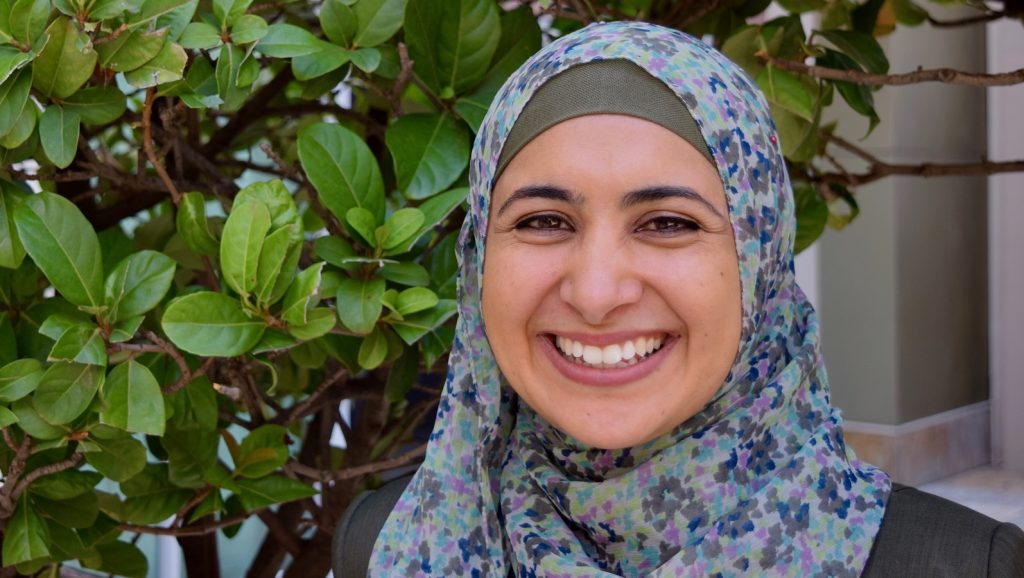We all have them. Those apps we open without thinking. Not because we need anything in particular, but because they feel… safe, in some…
Funding female founders will add billions to Africa’s economy [Opinion]

Recently, I hosted a pan-African entrepreneurship accelerator for female founders which comprised of a week-long in-person training programme hosted in Kampala, and an eight-month virtual support programme, to train female entrepreneurs on growing their business.
It was the first of its kind on the continent as it focused on female entrepreneurs specifically in the engineering and tech industry. We received 175 applications.
I was blown away by the calibre of these founders, the businesses they were running and the revenues and opportunities they were creating in their countries.
However, in addition to having started successful businesses with potential to grow, all these women founders had something else in common: none of them had venture capital funding.
When funding female founders, we change the game and everyone wins
They lacked the funding to grow, with most of these entrepreneurs self-funding, borrowing money from family, having a separate day job, or applying to competitions for prize money to grow their business.
In a time when a new fund for entrepreneurs is announced every other day, most female founders in Africa have yet to access this critical funding.
Women have always played a significant role in the entrepreneurship ecosystem, especially in Africa. This role has largely been in the informal sector, but that is changing.
Drop in the ocean
According to the Global Entrepreneurship Monitor (GEM), there is an 8% increase in female entrepreneurship with women leveraging technology to support and scale their businesses around the world. According to the International Finance Corporation (IFC), from 2012 – 2017 only $30-million of investment went to female founders in Africa.
To put that number into context, in 2019 alone, $130-billion of venture capital was invested in entrepreneurs in the US. This means that over a five-year span, female founders in Africa received only 0.02% of what is invested in US ventures in just a year.
Data collected by the World Bank in 10 African countries shows male-owned enterprises have six times more capital than female owned enterprises. This huge capital gap is not stopping the rise of female entrepreneurs, but it does slow them and make their efforts more challenging.
Unfortunately, this is not just an African female-founder challenge. In the US, female founders received 2.2% of venture capital and in the UK, around 1%.
The challenge is compounded by female founders of colour, who since 2009 have received only six dollars for every million of the tech venture funding in the US.
Sexual harassment
The challenge for female founders is not just limited to funding. Female founders are also sometimes subject to sexual harassment where they are treated as sexual opportunities rather than investment opportunities.
The #MeToo movement has also come to Silicon Valley and shed light onto the predatory behaviour of some venture capitalists, but many African female founders have their own stories.
In our accelerator, one of the workshops requested by our female founder cohort was how to deal with sexual advances when trying to raise capital.
It has made many female founders wary of seeking venture capital funding as the costs are too high with some VC’s wanting not just a stake in an entrepreneur’s business but to exploit her body.
Even with the challenges of funding gaps, sexual harassment and difficult economic conditions all entrepreneurs face, studies in the US have shown that female founders have the same entrepreneurial success, growth revenue, and longevity.
Female founders have proven to be equally as successful. They could be more so if the barriers like funding gaps and sexual harassment were removed.
Entrepreneurship ecosystems also needs to fundamentally change the way we view and engage female founders.
A study from Harvard’s and Columbia’s business schools found that venture capitalists tend to ask male and female founders different types of questions.
Male founders are asked about potential for gains whereas female founders are asked about potential for losses. Only when female founders rephrased their responses to the potential for gains were they more likely to be funded.
These challenges have not gone unnoticed. There are a number of funds that are starting to cater for women led by women. But these funds are smaller and can’t meet demand of women founders with good ideas for businesses.
Having more women funders can also help. According to Nisha Dua, a partner at BBG ventures that invests in women-led startups, when women venture capitalists are in the room, more female founders are funded. The challenge is that only 11 percent of partners at traditional venture capital firms are female.
The status quo will only change when female founders are treated as equal and are judged on the same criteria and invested in equally as their male counterparts.
$5-trillion opportunity
The potential of equality is great. According to a study by the Boston Consulting Group, if women participated equally as entrepreneurs the rise in GDP across the world could be between 3% to 6%, adding up to $5-trillion to the global economy.
The contribution women could make in Africa is substantial if more capital was invested and the barriers for female founders removed.
Venture capital funds are losing out on an opportunity to the detriment of the entire entrepreneurship ecosystem and the economy at large.
The data is there, when funding female founders, we change the game and everyone wins.
*Naadiya Moosajee is a serial entrepreneur. A civil engineer by training, she co-founded WomEng, a global social enterprise developing women and girls for the engineering and tech industry and building pan-African female founder accelerators. She serves on several boards and is an Aspen New Voices Fellow.


